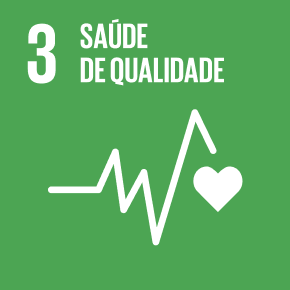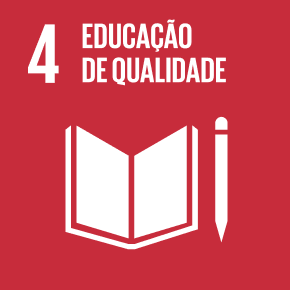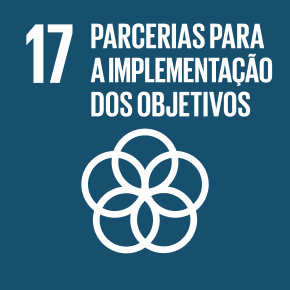Double Degree Alumna co-authors study published by the Francisco Manuel dos Santos Foundation
Francisca Osório de Castro, an alumna of the Double Degree in Law and Management from Católica Porto Business School and the Faculty of Law, is a co-author of the study "The Impact of Corporate Income Tax on the Portuguese Economy", recently published by the Francisco Manuel dos Santos Foundation.
"Have the taxes that companies pay on their profits affected the growth of the national economy? What would happen if the corporate tax rate were lowered? And what are the consequences of legislative instability in corporate taxation, given that the corporate income tax has been amended more than 1,350 times since its creation in 1989?" are some of the questions addressed by the study.
"Among the results of the economic analysis conducted, the positive impact of an estimated 7.5% reduction in the effective corporate tax rate on wages and GDP stands out. The latter would also be positively influenced by a potential simplification of the tax structure, bringing it closer to its original form. The particularly detrimental effect of legislative instability observed in this area is also noteworthy, for which we dare to offer some mitigation suggestions based on international benchmarking," states Francisca Osório de Castro.
The study, coordinated by Pedro Brinca, has Afonso Souto Moura, João B. Duarte, Miguel Cortez Pimentel, and Paulo Núncio as co-authors. Learn more about the study here.











